Answer:
Numerous statin drugs including atorvastatin (Lipitor), fluvastatin (Lescol), lovastatin (Mevacor), pitavastatin (Livalo), pravastatin (Pravachol), rosuvastatin (Crestor), and simvastatin (Zocor) are taken to help lower cholesterol levels. Some, but not all, of these cholesterol-lowering statin drugs can be affected by taking supplements and/or can affect your ability to absorb certain vitamins and minerals.
Sign in as a member to learn how the following supplements or foods may affect, or be affected, by statins: berberine, CoQ10, curcumin (from turmeric), grapefruit juice, green tea, magnesium, niacin, red yeast rice, quercetin, soy isoflavones, St. John's wort, Tribulus terrestris, vitamin D, and vitamin K.
+
— 26 sources
In addition the results of its expert testing, ConsumerLab uses only high-quality,
evidence based, information sources. These sources include peer-reviewed studies
and information from agencies such as the FDA and USDA, and the National Academy of Medicine.
On evolving topics, studies from pre-print journals may be sourced.
All of our content is reviewed by medical doctors and doctoral-level experts in pharmacology,
toxicology, and chemistry. We continually update and medically review our information to
keep our content trustworthy, accurate, and reliable.
The following sources are referenced in this article:
- Alfaddagh, J Am Heart Ass 2017
- Andren, Eur J Clin Pharmacol 2007
- Bhatti, StatPearls [Internet] 2023
- Boden, NEJM 2011
- Carallo, Metab Syndr Relat Disord 2022
- Derosa, Drug Des Devel Ther 2019
- Diederichsen, Circulation 2022
- Eggerston, Scand J Prim Health Care 2007
- Guo, Eur J Clin Pharmacol 2012
- Hasific, JAAC Adv 2023
- Kim, Clin Ther 2018
- Landray, NEJM 2014
- Livalo (pitavastatin
- Martin, Curr Med Res Opin 2008
- Misaka, Eur J Clin Pharmacol 2018
- Okuyama, Expert Rev Clin Pharmacol 2015
- Park, Xenobiotica 2008
- Peyrel, J Clin Lipidol 2023
- Riyad, J App Biol Biotechnol 2022
- Wang, Front Pharmacol 2022
- Werba, J Food Drug Anal 2018
- Wu, Eur J Clin Pharmacol 2005
- Zeng, Front Nutr 2022
- Zhang, Exp Ther Med 2021
- Zhelyazkova-Savova, Kaohsiung J Med Sci 2021
- de Keyser, Pharmacogen Genom 2014
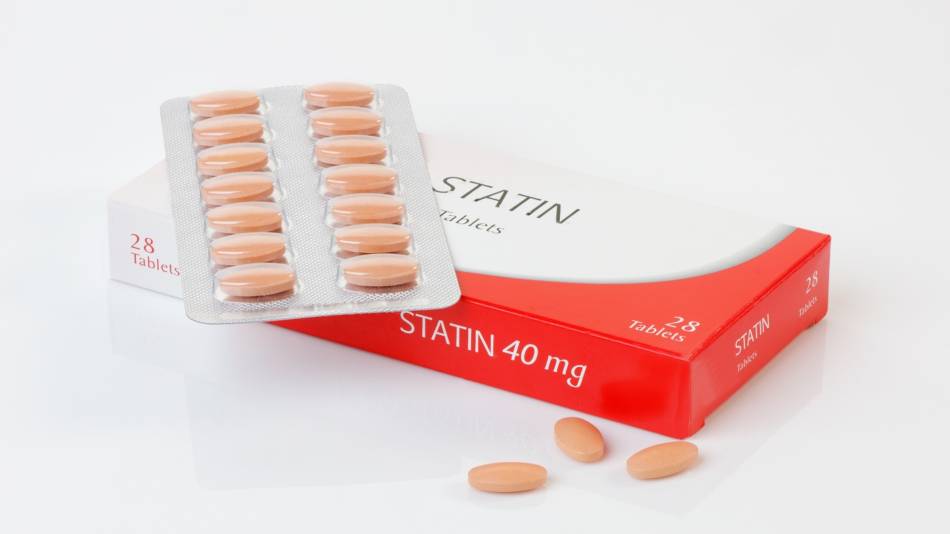

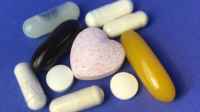
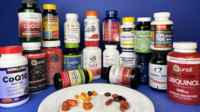

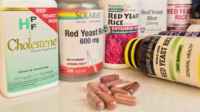
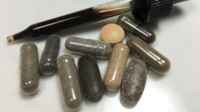





Submit your comment
This feature is restricted to active members.
Join now to add comments and get all member benefits, including over 1,400 reviews.
Join NowAlready a member? Sign in here.